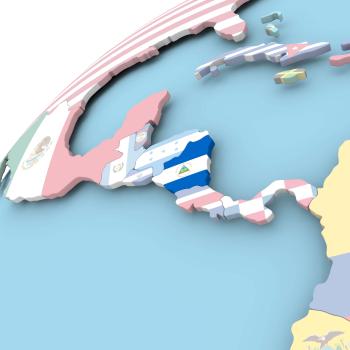Hispanic Heritage Month begins today.

Event Description
A time for celebrating the culture, art, and achievements of Latinx people, September 15-October 15 has been designated as Hispanic Heritage Month. September 15 also marks the independence days of five Latin countries-Costa Rica, El Salvador, Guatemala, Honduras, and Nicaragua. Mexico achieved independence on September 16, and Chile on September 18.
Classroom Activity
Begin by brainstorming with students all the various aspects of culture, in this case, Latinx culture. Remind students that culture is not just race and ethnicity but extends to dance, music, art, architecture, education, family dynamics, film, religion, politics, literature, food, holidays, and much more.
Once students have compiled a list of potential topics to research, organize the list into some general categories and have students identify resources they could use to learn more about Latinx culture in their category. Encourage students to think about people in their communities or families who might have personal knowledge of the topics they're researching.
Have students work in groups to research their topics and present the information they find to the class through PowerPoint, a webpage, a display, or tool such as the Flip Book or Stapleless Book.
Websites
This is the webpage for current winners of the American Library Association's Pura Belpré Award. Established in 1996, it is presented to a Latinx writer and illustrator whose work best portrays, affirms, and celebrates the Latinx cultural experience in an outstanding work of literature for children and youth. Links to past winners and additional information are available as well.
Choose among links to information on Hispanic history, famous Latinos, and Latinos in history on this Scholastic website. The site features a Flash interactive, the Piñata Concentration game, which is entirely in Spanish.
This collection of resources from the National Register of Historic Places includes links to publications, featured properties, and history in the parks, including a series of lesson plans that use places listed in the Register.
This Library of Congress page is the go-to source for art, literature, political and historical documents and more. The collections includes resources from the Library of Congress, the National Endowment for the Humanities, National Gallery of Art, National Park Service, Smithsonian Institution, United States Holocaust Memorial Museum and U.S. National Archives and Records Administration.